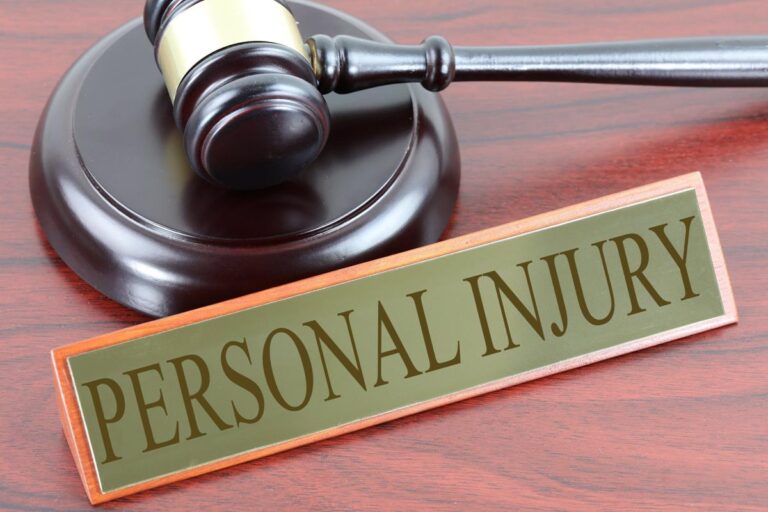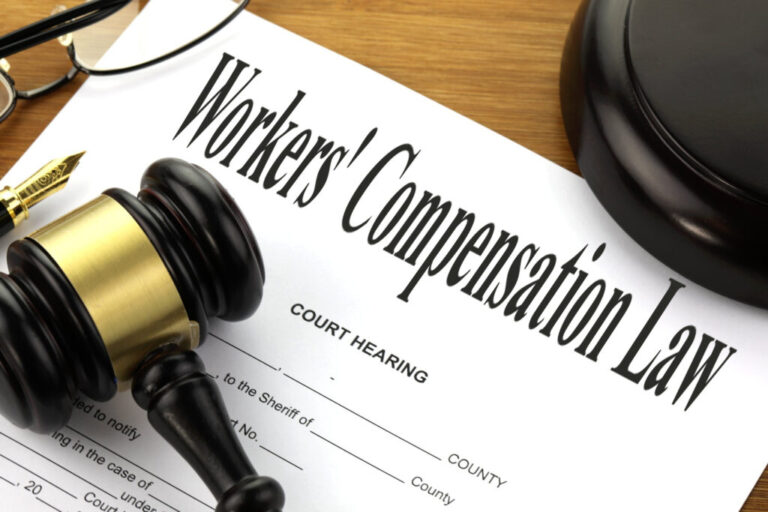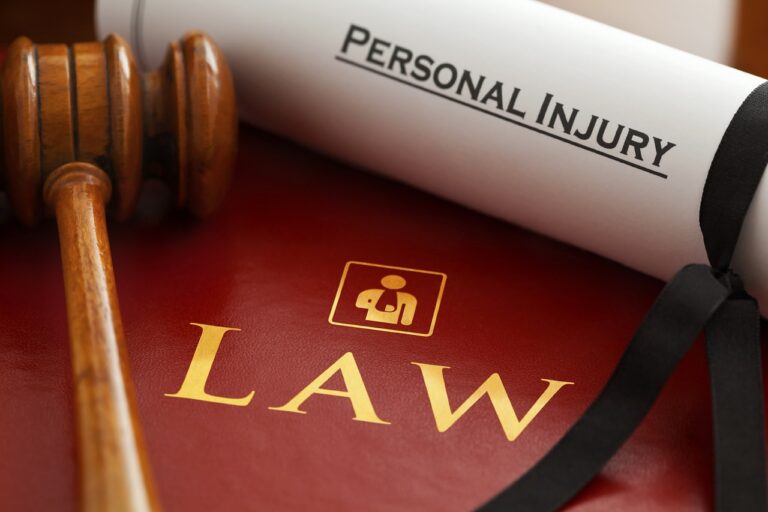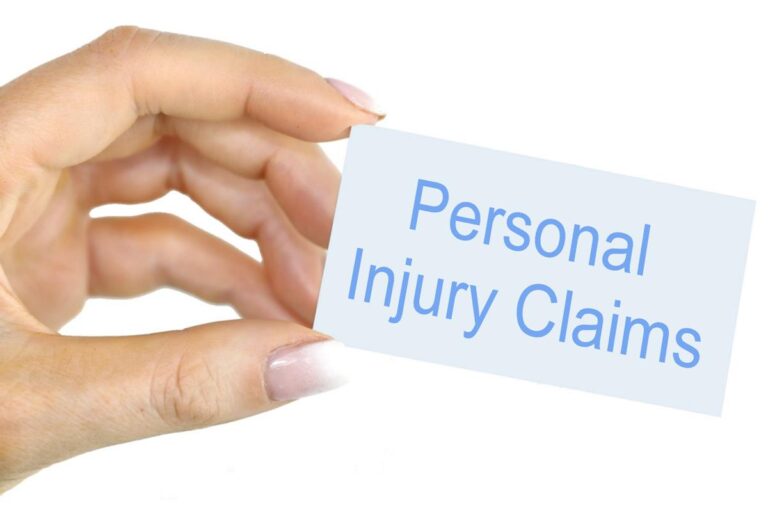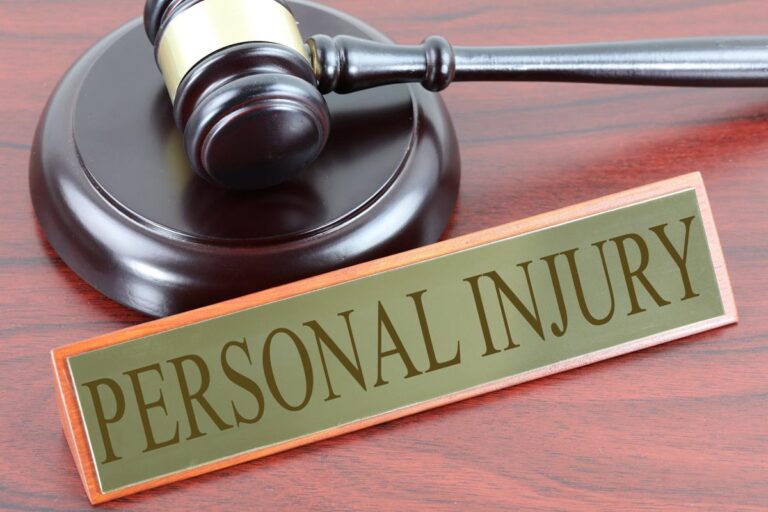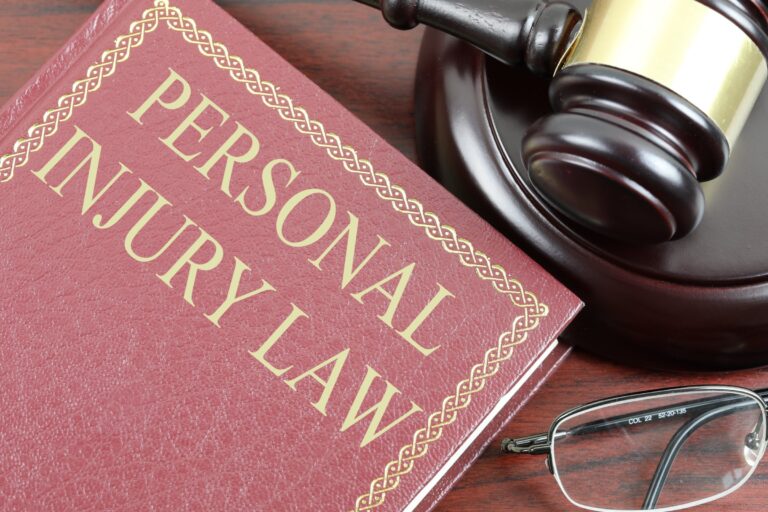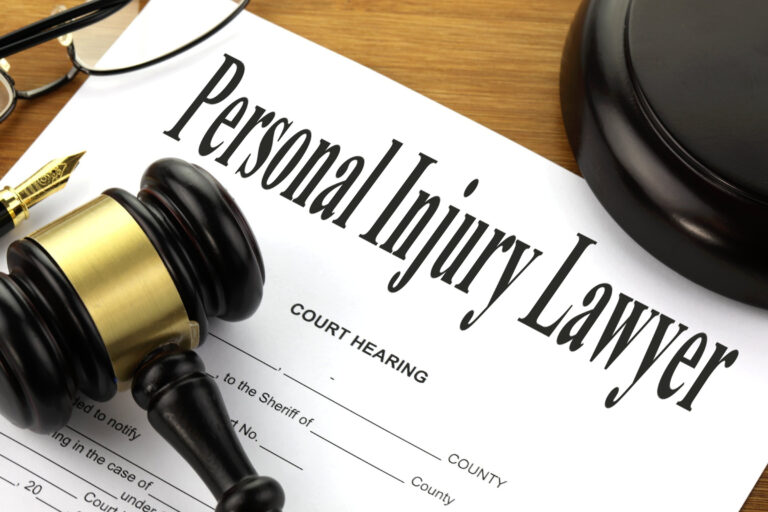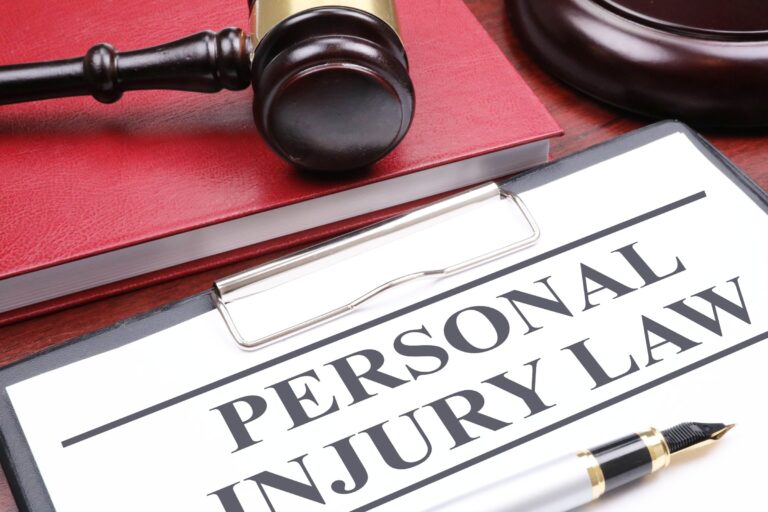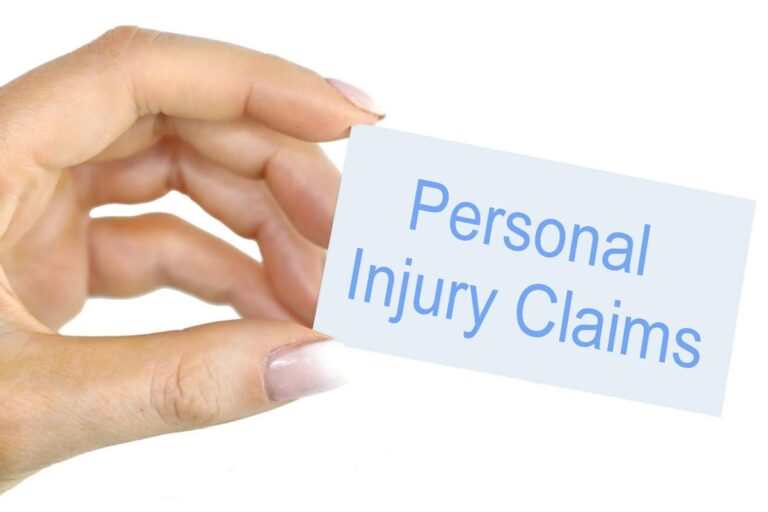Introduction
Definition of personal injury
A personal injury is defined as any physical or psychological harm that is caused by the negligence or wrongdoing of another person or entity. This can include injuries sustained in car accidents, slip and falls, medical malpractice, and workplace accidents, among others. The key element in a personal injury case is that the harm was caused by someone else’s actions or failure to act. Personal injury cases can result in significant medical expenses, pain and suffering, and lost wages, and it is important for victims to understand their rights and seek legal recourse to obtain the compensation they deserve.
Importance of taking action
After suffering a personal injury, taking immediate action is of utmost importance. The steps you take in the aftermath can significantly impact the outcome of your case and your ability to recover compensation. By promptly seeking medical attention, documenting the incident, and consulting with a personal injury attorney, you can strengthen your position and increase the chances of a successful claim. Time is of the essence, as evidence may fade, witnesses may forget details, and the statute of limitations may expire. Therefore, it is crucial to understand the importance of taking action as soon as possible after suffering a personal injury.
Overview of the steps
After suffering a personal injury, it is important to take certain steps to protect your rights and ensure you receive the compensation you deserve. The first step is to seek medical attention and get the necessary treatment for your injuries. It is also crucial to gather evidence of the accident, such as taking photos, collecting witness statements, and obtaining a copy of the police report. Additionally, it is recommended to consult with a personal injury lawyer who can guide you through the legal process and help you understand your rights. By following these steps, you can increase your chances of a successful personal injury claim and obtain the compensation you need to recover and move forward.
Seek Medical Attention
Importance of immediate medical care
After suffering a personal injury, seeking immediate medical care is of utmost importance. Prompt medical attention can not only help alleviate pain and discomfort but also prevent further complications. In many cases, injuries may not be immediately apparent, and delaying medical treatment can worsen the condition. Additionally, seeking medical care promptly strengthens any potential legal claims that may arise from the personal injury. By documenting injuries and obtaining medical records, individuals can provide crucial evidence to support their case. Therefore, it is crucial to prioritize immediate medical care after suffering a personal injury.
Types of injuries to look out for
After suffering a personal injury, it is important to be aware of the different types of injuries that you should look out for. These injuries can vary depending on the nature of the accident or incident. Common types of injuries include broken bones, sprains and strains, head and brain injuries, spinal cord injuries, and internal injuries. It is crucial to seek immediate medical attention if you experience any symptoms or signs of these injuries, as early diagnosis and treatment can greatly improve your recovery process. Additionally, it is important to document your injuries and seek legal advice if the injury was caused by someone else’s negligence or wrongdoing.
Choosing the right healthcare provider
After suffering a personal injury, one of the most important steps you can take is choosing the right healthcare provider. The healthcare provider you select will play a crucial role in your recovery and overall well-being. It is essential to find a provider who specializes in treating the type of injury you have sustained, whether it is a broken bone, a spinal injury, or a traumatic brain injury. Additionally, consider their experience, credentials, and reputation within the medical community. A healthcare provider who is knowledgeable, skilled, and compassionate can make a significant difference in your healing process. By carefully selecting the right healthcare provider, you can ensure that you receive the best possible care and support during this challenging time.
Gather Evidence
Documenting the scene
After a personal injury, it is crucial to document the scene of the accident. This includes taking photographs of the area, capturing any visible damages, and noting any important details. Documenting the scene helps establish the facts surrounding the incident and can be valuable evidence when filing an insurance claim or pursuing legal action. In addition, it is important to gather contact information from any witnesses present at the scene, as their statements may be crucial in supporting your case. By thoroughly documenting the scene, you can ensure that you have accurate and comprehensive information to support your personal injury claim.
Collecting witness statements
After a personal injury, collecting witness statements is a crucial step in building a strong case. Witness statements provide valuable evidence and can help establish the facts surrounding the incident. It is important to gather statements from individuals who witnessed the accident or have relevant information about what happened. These statements can support your version of events and corroborate your claims. When collecting witness statements, it is essential to ensure that the statements are accurate, detailed, and unbiased. This can be done by interviewing witnesses as soon as possible after the incident while their memories are fresh. Additionally, it is important to document the contact information of each witness to facilitate further communication or testimony if needed. By diligently collecting witness statements, you can strengthen your personal injury claim and increase your chances of obtaining a favorable outcome.
Preserving physical evidence
Preserving physical evidence is crucial after suffering a personal injury. This evidence can play a significant role in supporting your case and proving liability. It is important to take immediate action to preserve any physical evidence related to the incident. This may include photographs of the accident scene, damaged property, or injuries sustained. Additionally, it is advisable to keep any relevant documents such as medical records, police reports, or witness statements. By preserving physical evidence, you are ensuring that you have the necessary proof to strengthen your personal injury claim and increase your chances of obtaining fair compensation.
Report the Incident
Contacting the appropriate authorities
After suffering a personal injury, it is crucial to promptly contact the appropriate authorities. This step is essential to ensure that the incident is properly documented and investigated. By contacting the authorities, such as the police or emergency services, you can provide them with important details about the accident, including the location, time, and nature of the injury. Additionally, reporting the incident to the authorities can help establish a formal record, which may be necessary for insurance claims or legal proceedings. Remember, contacting the appropriate authorities is an important first step in the process of seeking justice and compensation for your personal injury.
Filing a police report
After experiencing a personal injury, one crucial step to take is filing a police report. This is especially important if the injury occurred as a result of a crime or accident. Filing a police report helps establish an official record of the incident, which can be useful for insurance claims and legal proceedings. When filing a report, it is important to provide as much detail as possible, including the date, time, location, and description of the incident. Additionally, it is essential to obtain a copy of the report for your records and to share it with your attorney if you decide to pursue a personal injury claim. Filing a police report is an important step in the process of seeking justice and compensation for your injuries.
Notifying insurance companies
After suffering a personal injury, one of the important steps to take is notifying insurance companies. It is crucial to inform your own insurance company as well as the insurance company of the at-fault party. This notification allows the insurance companies to start the claims process and begin investigating the incident. It is important to provide all the necessary details and documentation related to the injury, such as medical records, police reports, and any other evidence. Notifying insurance companies promptly can help ensure a smoother and more efficient claims process.
Consult with an Attorney
Understanding the legal process
After suffering a personal injury, it is crucial to understand the legal process that follows. This knowledge will help you navigate through the complexities of your case and ensure that you take the necessary steps to protect your rights. The legal process involves various stages, such as filing a claim, gathering evidence, negotiating with insurance companies, and potentially going to court. It is important to consult with an experienced personal injury attorney who can guide you through each step and advocate for your best interests. By understanding the legal process, you can make informed decisions and increase your chances of obtaining the compensation you deserve.
Finding the right personal injury lawyer
After suffering a personal injury, finding the right personal injury lawyer is crucial. A skilled and experienced lawyer can help you navigate the complex legal process and ensure that your rights are protected. They will have the knowledge and expertise to gather evidence, negotiate with insurance companies, and represent you in court if necessary. When looking for a personal injury lawyer, it is important to consider their track record of success, their specialization in personal injury cases, and their reputation in the legal community. By finding the right lawyer, you can increase your chances of receiving the compensation you deserve for your injuries and losses.
Initial consultation and case evaluation
During the initial consultation and case evaluation, you will have the opportunity to discuss the details of your personal injury case with an experienced attorney. This meeting is crucial as it allows the attorney to gather all the necessary information and assess the strength of your case. You will be asked to provide any relevant documents, such as medical records, accident reports, and insurance information. The attorney will carefully review these documents and ask you questions to better understand the circumstances surrounding your injury. Additionally, they will explain the legal process and potential outcomes, ensuring you have a clear understanding of what to expect. The initial consultation and case evaluation serve as the foundation for building a strong legal strategy tailored to your specific situation.
Take Legal Action
Negotiating with insurance companies
When it comes to negotiating with insurance companies after suffering a personal injury, it is important to be prepared and informed. Insurance companies are skilled at minimizing payouts and may try to offer a settlement that is much lower than what you deserve. To ensure you receive fair compensation, it is crucial to gather all necessary documentation, such as medical records and bills, and provide strong evidence of the extent of your injuries. Additionally, consulting with a personal injury attorney can greatly improve your chances of negotiating a favorable settlement. An experienced attorney can navigate the complexities of the legal system, handle all communication with the insurance company, and fight for your rights to ensure you are properly compensated for your pain, suffering, and other damages.
Filing a personal injury lawsuit
After suffering a personal injury, one of the steps you may need to take is filing a personal injury lawsuit. This legal action allows you to seek compensation for the damages you have suffered as a result of someone else’s negligence or wrongdoing. Filing a personal injury lawsuit involves various steps, including gathering evidence, consulting with an attorney, and filing the necessary paperwork with the court. It is important to have a strong case and a skilled attorney to guide you through the complex legal process. By filing a personal injury lawsuit, you can hold the responsible party accountable and potentially receive the financial compensation you deserve.
Preparing for trial
Preparing for trial is a crucial step in the personal injury claim process. Once you have decided to pursue legal action, it is important to gather all the necessary evidence and documentation to support your case. This may include medical records, accident reports, witness statements, and any other relevant information. Additionally, it is advisable to consult with an experienced personal injury attorney who can guide you through the trial preparation process and provide valuable insights and strategies. By adequately preparing for trial, you can increase your chances of obtaining a favorable outcome and receiving the compensation you deserve.
